APT as Tungsten Source to Enhance V2O5/WO3-Tio2 Catalysts
- Details
- Category: Tungsten Information
- Published on Wednesday, 12 May 2021 04:22
- Written by yuntao
- Hits: 1831
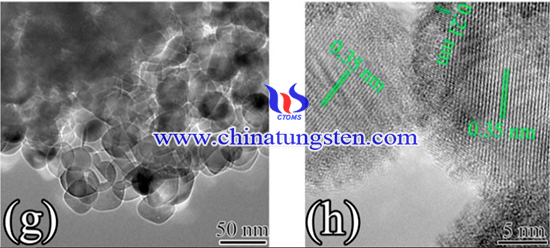
Nitrogen oxides (NOx) are produced from the emissions of stationary sources and automobiles. Direct emission of NOx into the atmosphere without purification will lead to photochemical smog, acid rain and even global warming. The selective catalytic reduction (SCR) of NO with NH3 is widely employed for reduction of NOx emissions from stationary sources like gas, oil and coal- fired power plants. The most common catalyst is vanadium well-dispersed on a titania support as V2O5-TiO2.
Read more: APT as Tungsten Source to Enhance V2O5/WO3-Tio2 Catalysts
Preparation Methods of Tungsten Copper
- Details
- Category: Tungsten Information
- Published on Tuesday, 11 May 2021 08:52
- Written by pure-tungsten
- Hits: 1465
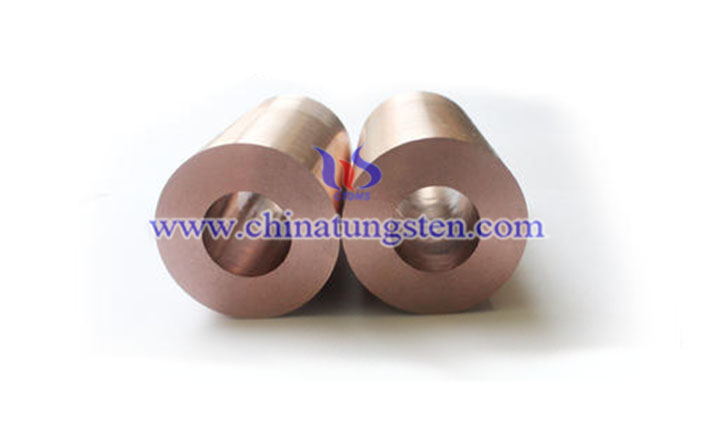
There are four main preparation methods of preparing tungsten copper: mixed-press sintering method, activation sintering method, infiltration method, and nano/ultrafine mixed powder sintering method.
Preparation of Tio2/WO3 Using Ammonium Paratungstate for Photocatalytic Applications
- Details
- Category: Tungsten Information
- Published on Tuesday, 11 May 2021 02:04
- Written by yuntao
- Hits: 1674
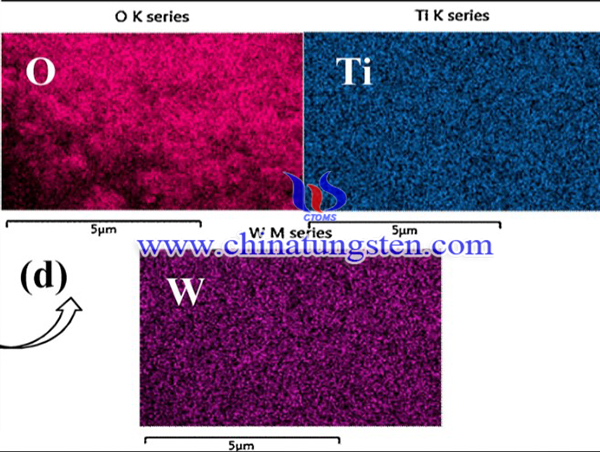
Titanium dioxide (TiO2) heterogeneous photocatalysis is an advanced oxidation process that degrades a variety of organic compounds, such as synthetic dyes, phenols and chlorophenols, detergents, solvents. Sunlight as a possible source of irradiation makes TiO2 photocatalysis an attractive technology to degrade pollutants in air. However TiO2 only works in conjunction with irradiation of limited wavelength: TiO2 band gap (Eg ≈ 3.2 eV) requires λirr < 385 nm, which rules out 95% of the solar spectrum.
Read more: Preparation of Tio2/WO3 Using Ammonium Paratungstate for Photocatalytic Applications
Pt/Au/WO3 Catalysts Prepared from Ammonium Paratungstate
- Details
- Category: Tungsten Information
- Published on Tuesday, 11 May 2021 03:51
- Written by yuntao
- Hits: 1638
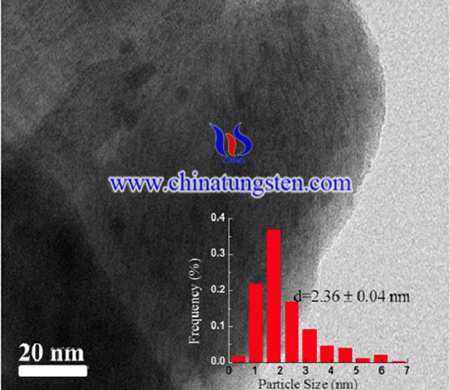
Glycerol is a byproduct of overcapacity from biodiesel manufacture. Selective hydrogenolysis of glycerol to 1,3-propanediol (1,3-PDO) has seen an increasing industrial demand as the glycerol derived from biodiesel production. By the way, 1,3-PDO has been largely utilized in solvents, cosmetics, cleaning products, pharmaceutical industries, and organic synthesis intermediates.
Read more: Pt/Au/WO3 Catalysts Prepared from Ammonium Paratungstate
Hydrothermal Synthesis of Porous WO3 Thin Films Using Ammonium Paratungstate
- Details
- Category: Tungsten Information
- Published on Tuesday, 11 May 2021 01:48
- Written by yuntao
- Hits: 1752
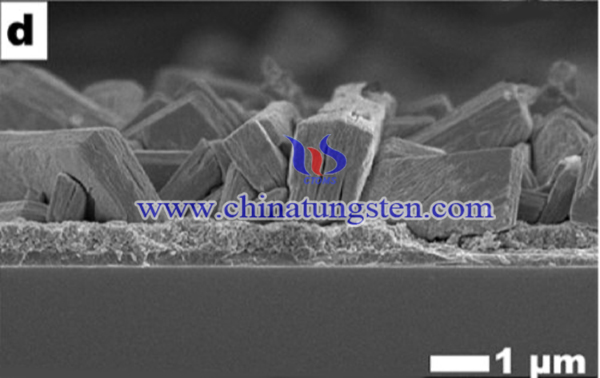
Photoelectrochemical (PEC) water splitting is believed to be the cleanest, most efficient and sustainable routes to replace the current fossil fuel based energy. H2 produced via PEC water splitting efficiently converted into electricity using fuel cells. Metal oxide semiconductors are known to be suitable materials for PEC water splitting as they are inexpensive and very stable in aqueous solutions.
Read more: Hydrothermal Synthesis of Porous WO3 Thin Films Using Ammonium Paratungstate





 sales@chinatungsten.com
sales@chinatungsten.com